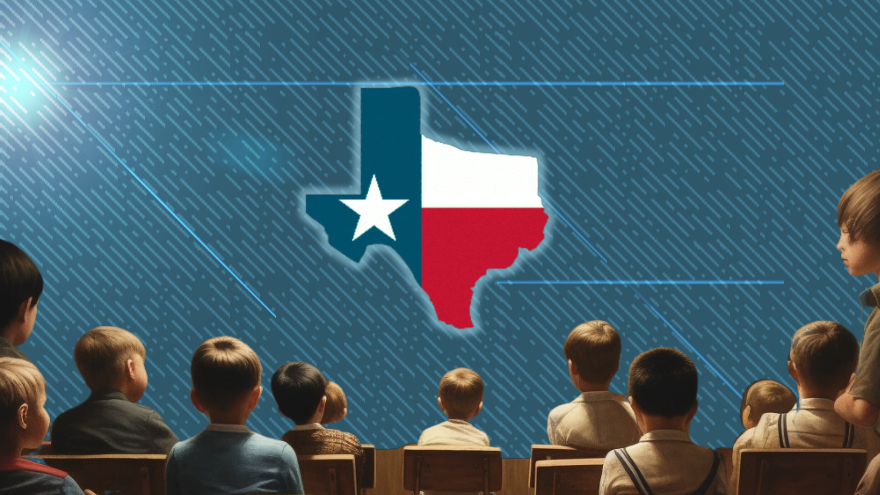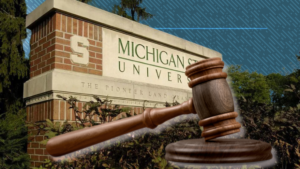On May 23, the Texas Senate passed an amended school choice bill which added the measure to a school funding bill the House already approved.
The Senate-approved bill would allow the creation of education savings accounts (ESAs) providing families with $8,000 per year to spend on education, including private school tuition, tutoring, textbooks, online education, special needs education, and more. The legislation would also increase pay for public school teachers.
Under the Senate’s version of the bill, roughly 5.5 million students would be eligible for school choice, while under the House version only about 4 million students would be eligible. The most recently passed House version would only make school choice available to about 800,000 students.
A bipartisan group of House members, who have shunned school choice bills in the past, has indicated they will likely not support the latest version of the legislation, which has prompted Gov. Greg Abbott to threaten to call lawmakers back for a special session this summer if they failed to pass the proposal.
ESA programs are popular with Texas voters. Polling shows 76 percent of school parents support the programs, along with 69 percent of all adults in the state.
Critics have suggested that school choice initiatives in Texas will give families fewer options, and that rural areas — where 950,000 schoolchildren live — have few options other than their local public school.
“It’s disingenuous to claim that vouchers will give these families more choice when that means driving dozens of miles every day to a private or religious school,” Texans for Strong Public Schools wrote in an anti-school choice statement.
However, a study from the Brookings Institute estimated that families in rural areas live within just 5 to 10 miles of a non-public school. Additionally, data from the National Center for Education Statistics shows that roughly 10 percent of urban and rural students attend private school.
“As this session has progressed, the number of House members supporting school choice has continued to grow,” Abbott said in a statement.
“Parents and their children deserve the time and effort this will take. My staff and I will continue to work around the clock with the legislature to reach that goal,” he added. “However, failure to expand the scope of school choice to something close to the Senate version or the original House version of the Senate bill will necessitate special sessions. Parents and their children deserve no less.”

